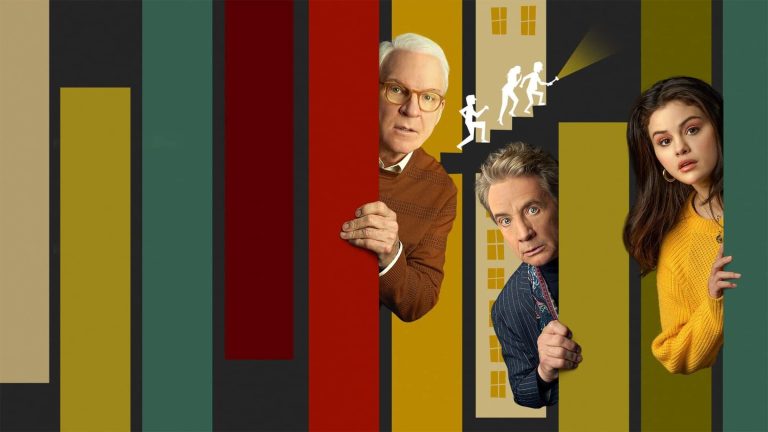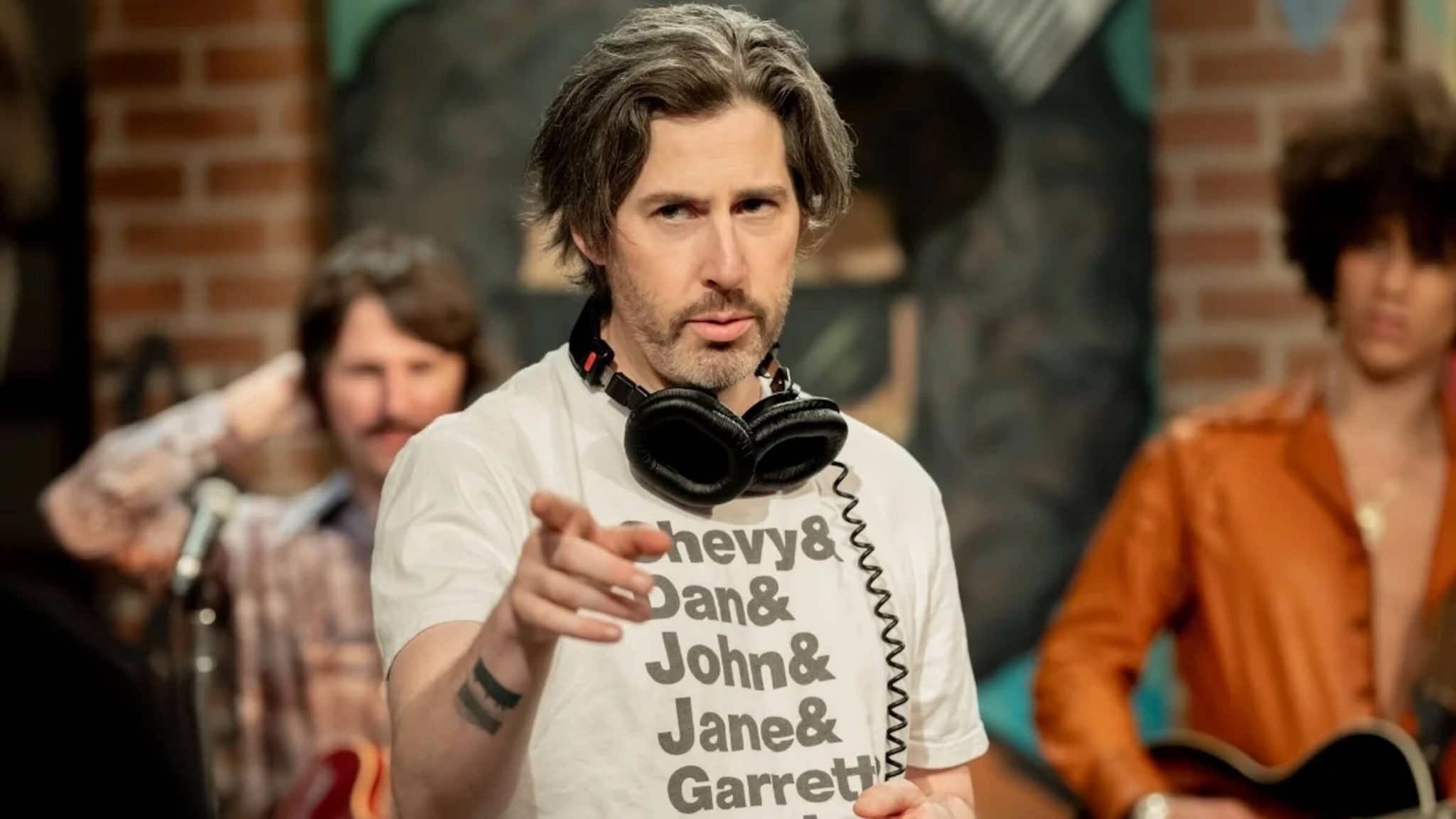
There's a difference between screenwriters having the want or need to be a professional screenwriter — and even if you have both, is that enough?
As children, we're often told, "You can be anything you want to be." We grow up believing that because we're constantly told this over and over — either by parents, teachers, loved ones, or icons who have succeeded in their own right.
As screenwriters, we're told two different things from those we look up to in the industry — those mentors, those success stories, and those we're forced to listen to from atop of that proverbial totem pole we're forced to climb and perch on.
They Say, "You Have to Want It"
Whether it's in an interview, panel, or screenwriting book written by successful screenwriters, filmmakers, producers, agents, or managers — this notion is endlessly communicated as a piece of "wisdom" offered to screenwriters.
"You have to want it. You're going to face a lot of rejection. If you don't truly want it, it's not going to happen."
While there is a point to that statement, the truth is that it's not enough to want it. You likely want a million dollars too. It would help feed, clothe, and pamper your family and friends, right? It would be great. But wanting something isn't enough. It's one thing to want something and a whole different thing to actually attain it.
Too many screenwriters, actors, and filmmakers feel that the want is all you need to drive you to success — to those very high goals that you set your sights on.
Then They Say, "You Have to Need It"
This is the next go-to advice that the powers that be try to instill in you.
Now it's not enough to want it, so the next best verb they throw at you is need.
"It's not enough to want it. You have to need it."
But what does that mean? While it may push their point, that's a pretty drastic statement. Yes, we understand that they are trying to imply that you have to awaken an added drive to push you through the difficult times.
It's not enough to need something.
You should never force yourself to quit your day job, make the long trek across the country — or world — to Los Angeles, or do anything that causes you to feel this need to succeed as a screenwriter. Pushing yourself into a financially dire situation to do so can be counter-productive, especially given the rate of failure or the low rate of success in this field.
It would be like asking a person that wants to lose weight, "You should get as obese as possible until your doctor tells you that your life is in danger enough because of heart disease or diabetes — then you'll need to lose weight. You'll push yourself more."
Ridiculous.
What Want and Need Really Mean
If you take the want and need advice literally, as many so often do, you'll be nothing more than a feather in the wind, hoping for the right gust of air to take you to where you want to be.
Your want and need really entail your attitude towards how you go about pursuing this dream.
When you want something, you've categorically decided that among all other things, this particular thing you want is something that you are willing to take special action to attain — above all else.

In screenwriting context, you've decided that you're going to put added time and effort into becoming a professional screenwriter. You're going to set aside the time you could be doing other things. You're going to make those added efforts to learn more about the art, craft, and business of screenwriting. You're going to prioritize that pursuit within your heart, mind, and soul.
You may still be working that day job. You may still have hobbies outside of that job. But when you want it, you're really shifting your attention to screenwriting and becoming the best screenwriter that you could possibly be. You'll work your hours and live your life, but your heart, mind, and soul are always present in the pursuit of this screenwriting dream.
When you need something, you've decided that this particular thing is that which your heart, mind, and soul are truly yearning for.

Some need to play music, others need to compete in physical competitions. Some need to help others, some need to work on themselves — in whatever capacity and whatever context.
In screenwriting context, you've decided that there truly exists a passion that infuses you with unexplained fulfillment. It doesn't need to put money in your pockets. It doesn't need to project you to higher places on that Hollywood totem pole. The mere act of creating words and characters cinematically is something that fulfills you to the point where you need to continue to do it. Anything else that comes from it is icing on the cake.
The want and the need are more than just words questioning your intentions and how far you'll go to succeed.
When you want to become a professional screenwriter, you're making a choice among all of the other career options out there. And that choice is one that you're ready and willing to put more time and effort into.
When you need to become a professional screenwriter, you're identifying the added importance of it in your life outside of your career. It does something else that is fulfilling to you. It adds passion to the equation.
If you want something and don't get it, you'll move on to the next.
If you need something and don't get it, you'll keep crawling forward until you can't crawl forward any longer.
Do you see the difference?
Wants are usually best-case scenarios — the prettiest, shiniest, and most desired thing. So many screenwriters want to get that big paycheck, write the sequel to that big franchise, be the one that Hollywood goes to first, or hold up that coveted golden statue. Most wants, therefore, are very difficult to acquire.
But when you need to write cinematic stories, you have more options. You can write that student film and see it come to life as your film school project. You can write that indie movie and partner with your peers to get it shot for next to nothing. You can partner with a talented filmmaker that has managed to make a name for themselves to the point where a film you collaborate on can see the light of day in major festivals and movie theaters. And then that fulfilled need can either continue on up that Hollywood totem pole or you can rest satisfied with what you have been blessed with and enjoy anything extra that comes along with it.
Some screenwriters enjoy other careers in other fields, while still fulfilling that need. The same way many actors do with local theater companies after they've clocked out of their day jobs.
There's a difference between want and need — and they go far beyond the simple notions that are thrown about in and around Hollywood.
Just Do It
All of that said, it's not enough to just want or need. There are too many screenwriters out there relying on those alone.
You have to just do it. And you have to keep doing it over and over and over again until you've either surpassed your want and decided it's not what you really wanted in the first place — or until you've gone the distance and acquired your need on whatever level.
But you have to do the work.
When you've written a script, rewritten it, shared it, rewritten it again, and have then marketed it through networking, queries, and contests/competitions/fellowships, it's time to work on the next. And the next. And the next.
You have to do the work.
Sometimes it takes just a couple of years before you get what you've wanted — sometimes a decade or more.
Sometimes your need is fulfilled early on — sometimes you have to continue to find ways to feed that need.
Regardless, it takes work. And that work requires you to write, evolve as a writer, and get your work out there constantly. And when you've been rejected over and over, when you've seen success only to watch it fade away, and when you've found yourself looking inward after all of that — then, and only then, will you truly discover whether screenwriting is a want or a need.
There's a difference. Whichever conclusion you come to can and will dictate how you go forward in your screenwriting journey.
Read ScreenCraft's The Screenwriter’s ABCs: An Alphabet of Screenwriting Advice!
Ken Miyamoto has worked in the film industry for nearly two decades, most notably as a studio liaison for Sony Studios and then as a script reader and story analyst for Sony Pictures.
He has many studio meetings under his belt as a produced screenwriter, meeting with the likes of Sony, Dreamworks, Universal, Disney, Warner Brothers, as well as many production and management companies. He has had a previous development deal with Lionsgate, as well as multiple writing assignments, including the produced miniseries Blackout, starring Anne Heche, Sean Patrick Flanery, Billy Zane, James Brolin, Haylie Duff, Brian Bloom, Eric La Salle, and Bruce Boxleitner. Follow Ken on Twitter @KenMovies
For all the latest ScreenCraft news and updates, follow us on Twitter, Instagram and Facebook!
Tags
Get Our Screenwriting Newsletter!
Get weekly writing inspiration delivered to your inbox - including industry news, popular articles, and more!



























